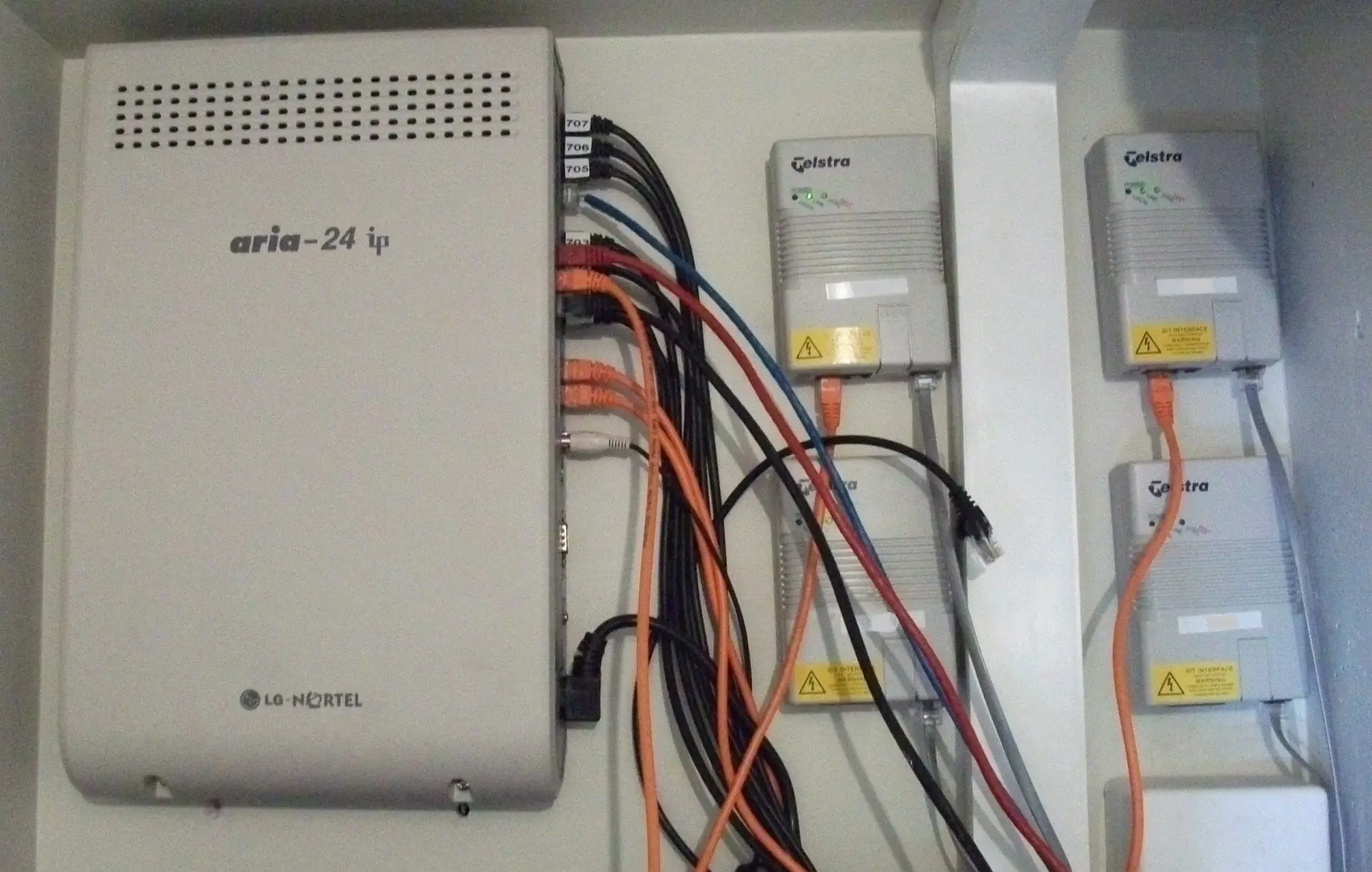VoIP, or Voice over IP, allows users to make phone calls over Local Area Networks, in other words, the internet. This means that conversations can take place anywhere in the world where there’s an internet connection available. However, there are some disadvantages of VoIP to be aware of before deciding to use it in-house.
The Disadvantages of an In-House VoIP System Are As Follows:
- Reliable Internet Connection Required
- Power Outages/Emergencies
- Latency
- The Emergency Services struggle to trace calls to a VoIP system
More About The Disadvantages of an In-House VoIP System
You Must Have An Internet Connection
You can’t operate a VoIP system unless your internet connection has sufficient bandwidth and is reliable. Your VoIP system will only work as well as your internet connection does. Although VoIP doesn’t use as much bandwidth as you’d expect, they must receive low latency on your network.
It’s also worth noting that each device should have at least 100 kbps upload speed available. A good connection has less than 70ms ping and jitter, which measures the latency and stability of your internet connection.
Power Outages/Emergencies
If the power goes out and your internet connection stops working, you will no longer have access to your phone system. This could simply be a minor problem if this rarely happens, but it could be a huge issue if your power goes out for a longer time.
Emergency Services Can Find it Difficult To Trace Calls to A VoIP System
Because emergencies do happen, lots of businesses like to keep a traditional phone line so that they can continue communicating even if there is an emergency.
Latency
When communicating online, your messages are broken into bits of data called ‘data packets’. Due to bandwidth requirements, some calls may appear to lag, delay, or even disappear. The packets of information need time to reassemble so that a call can be made, which is why latency occurs. More sophisticated data algorithms are being used however, so the problem is becoming less common.
No Location Tracking For Emergency Calls
Location tracking is another downside to VoIP. Because VoIP is portable and accessible, it can be tough for third parties to pinpoint where a call starts from. The calls come from an IP address with no GPS data or cell tower information to track. 99% of callers don’t need this information, but if you’re calling an emergency service then it is going to be an issue. You will need to be able to communicate exactly where you are if you do have to deal with an emergency situation.
Carolina Digital Phone has 20 years in the industry, making us one of the most trustworthy and knowledgeable VoIP providers out there. With our experience, we can help you to figure out whether an in-house VoIP system is right for you and whether the downsides will affect you. If you’re unsure, the best thing you can do is get in touch with us today to find out more. A friendly member of the team will be looking forward to hearing from you.


